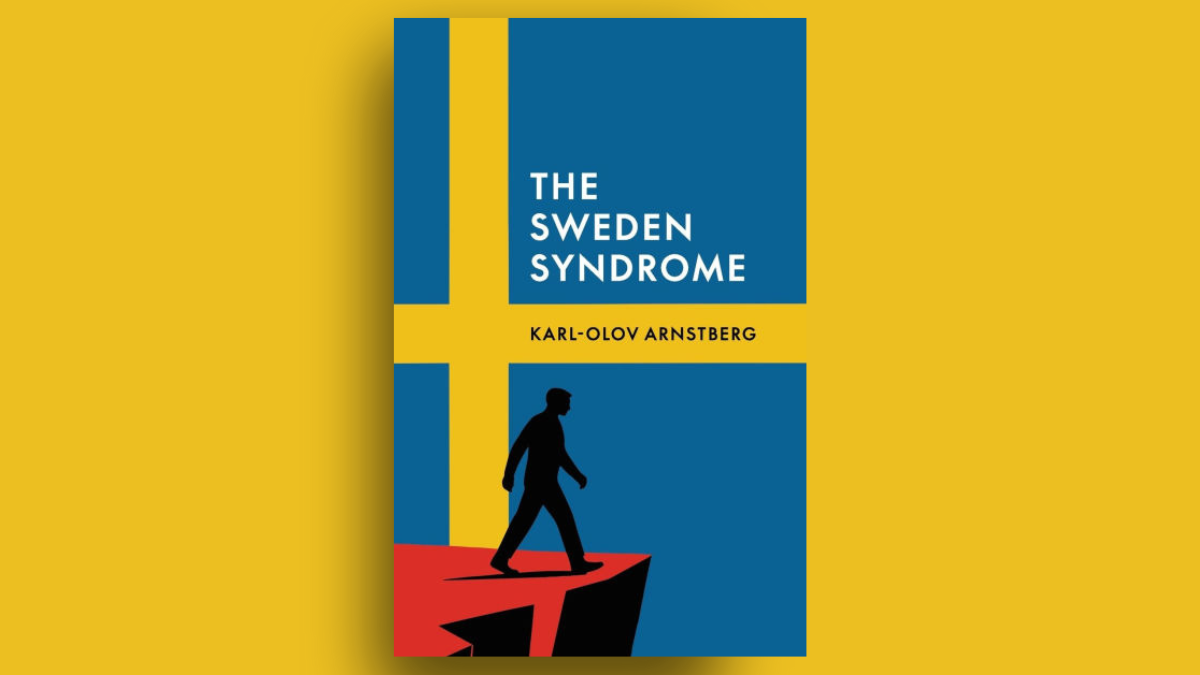
Oxford commas are the galoshes of grammar: sometimes necessary to avoid a mess, but never elegant. Mandating the Oxford comma is inimical to good writing. Just as we omit unnecessary words, so too should we excise excess punctuation.
Consider a recent example circulating online, in which a young woman argues for the Oxford comma by breaking down the phrase, “I thanked my parents, Batman, and Superman.” She points out that removing the comma after “Batman” could change the meaning to suggest that Batman and Superman are the writer’s parents, rather than additional persons being thanked. Rather than proving the necessity of requiring the Oxford comma, however, this example illuminates its dangers.
Although the ridiculous nature of the example makes it more vivid, it also reveals that context frequently moots the need for the Oxford comma. In this case, context would likely show the phrase was not meant to claim superhero lineage.
Furthermore, the example shows how using the Oxford comma encourages lazy writing. Relying on the Oxford comma for list-making may be clarifying, but it often interferes with good composition. Assuming the example phrase is humorous, the humor relies on the incongruity between thanking one’s parents and thanking a pair of fictitious superheroes. As currently constructed, however, the wording weakens this, regardless of whether the Oxford comma is included.
Simply rearranging the list to “I thanked Batman, Superman and my parents” eliminates the need to use the Oxford comma. It also places the incongruity at the end of the phrase, rather than the middle, thereby giving it more effect.
If the writer still wished to keep filial piety at the fore, there is a variety of ways to do this that highlights the contrast with the concluding thanks to superheroes. The example could be changed to “I thanked my parents — and Batman and Superman” or “I thanked my parents. I also thanked Batman and Superman.”
Although these draw the phrase out, they use the additional length to emphasize the contrast between the parties being thanked. Far from demonstrating the necessity of the Oxford comma, this example shows it provides clarity in list-making at the expense of elegant and effective writing.
The Oxford Comma Clutters Writing
Mandatory, which is to say mindless, use of the Oxford comma also litters writing with clutter. Each needless comma is an excrescence. In the phrase, “Faith, hope and love remain,” appending a comma after “hope” would not clarify anything, but it would waste space and interrupt the flow of a beautiful passage.
In brief, the Oxford comma is often superfluous and a crutch for bad writing, yet it has many partisans who want to force it on everyone. Why?
I doubt that many advocates for a mandatory Oxford comma are confused over the parentage of the hypothetical person who expressed gratitude to Batman and Superman. Rather, they are irate at grading another what-I-did-this-summer essay that includes something like, “Then I went swimming at the lake with my brothers, Bill and Ted.” The ambiguity (Are Bill and Ted the student’s brothers or additional members of the party?) annoys the teacher reading about the adventure.
Many editors, lawyers and corporate types may have similar irritation when dealing with subordinates who cannot write clearly. For them, as for the teacher above, requiring the Oxford comma is a means to establish basic standards for written precision. However, mandating the Oxford comma also makes bad writing compulsory. Specific fields, such as legal writing, might find standardization more important than elegance, but they are the exception.
Rules Hamper Good Writing
It is understandable that those tasked with teaching and editing bad writers want a rule. And rules may help struggling writers avoid egregious mistakes. But unnecessary rules will hamper the development of good writers. Grammatical rules are attempts to approximate the practices of the good writer, but they are insufficient to produce good writing, and their legalistic application may inhibit good writing.
The debate over the Oxford comma thus recreates, albeit with much lower stakes, an ancient problem of rule-based systems, including law and ethics. It is best to have a wise ruler who can decide each case in accord with justice, but such rulers are rare and cannot be everywhere when they do exist. The law (at best) attempts to articulate an approximation of what is just, but it cannot do so for all particulars and will further require wisdom to interpret and apply in each circumstance.
Thus, even the best system of laws will sometimes dictate unjust outcomes — how much discretion judges should have in such cases is a significant question, as that discretion includes the potential to increase injustice — but the practical alternative to the rule of law is likely worse. Furthermore, the value of the rule of law does not make every proposed law valuable. Some laws do not approximate justice, and enforcing others can do more harm than good.
These perennial problems of political philosophy cannot be solved as such because human nature cannot be solved. Nor does pondering them resolve the much smaller question of the Oxford comma. However, considering the value and limitations of rules on a grand scale may provide a framework for the current grammatical debate. The standard of good writing is not adherence to grammatical rules. Rather, the good writer is the standard.
Therefore, good writers will not obey the edicts of self-appointed grammar commissars. Rather, they will strive for “every phrase and sentence that is right” where “every word is at home.” Every comma is too, which means only using them as necessary.









